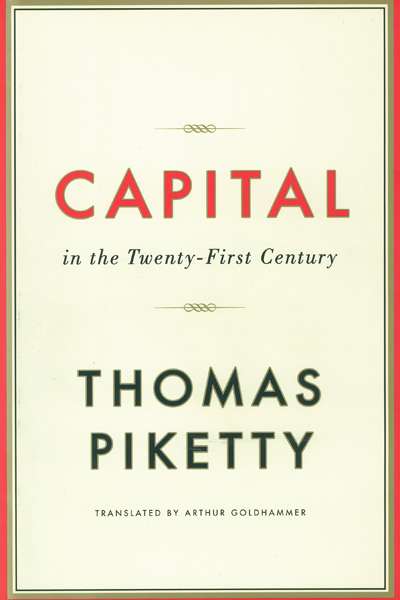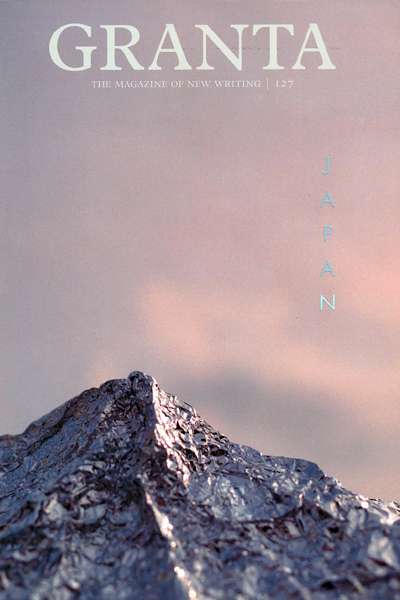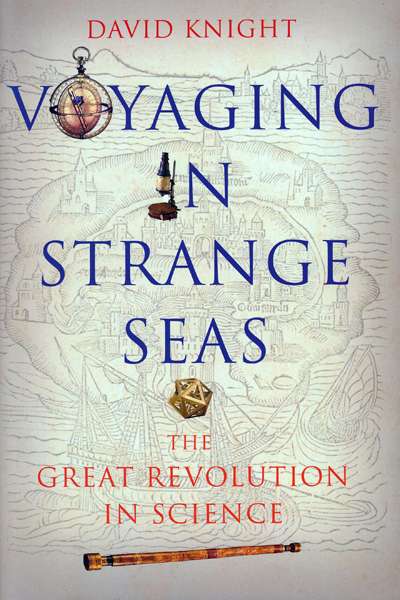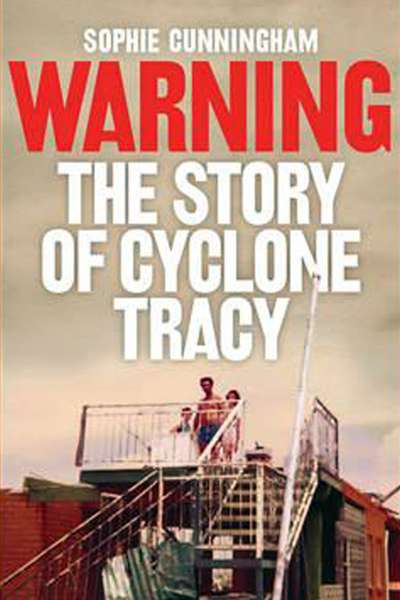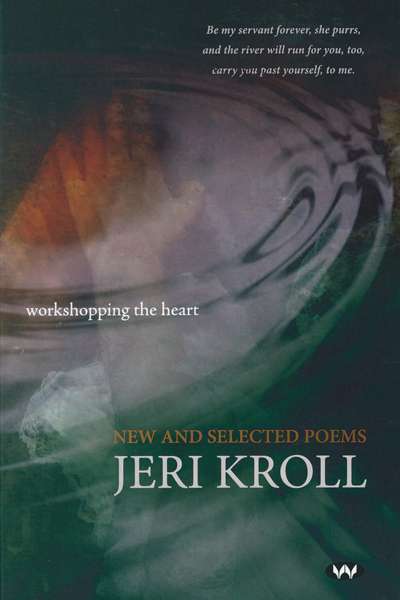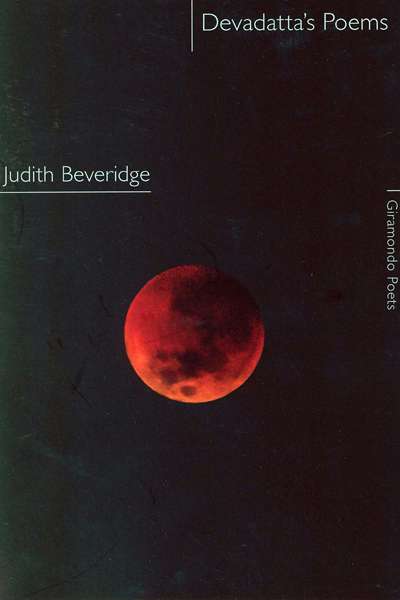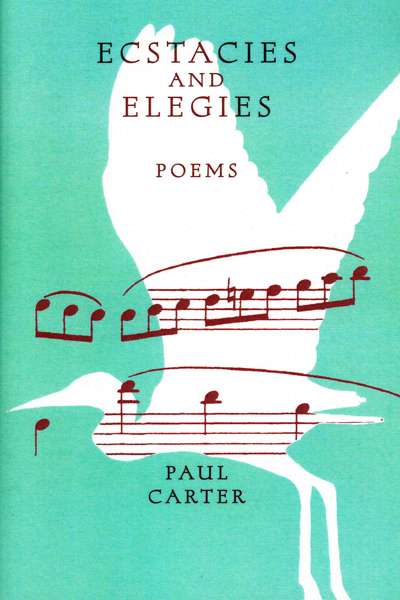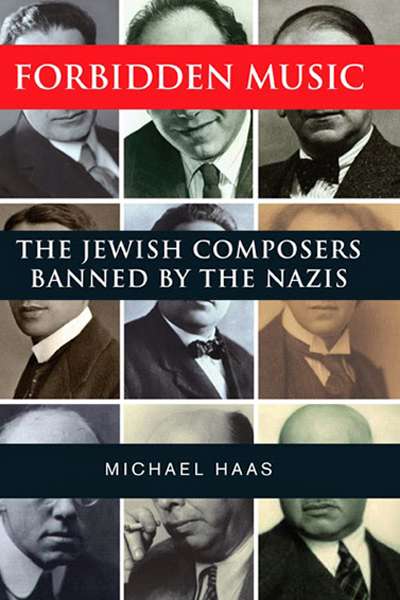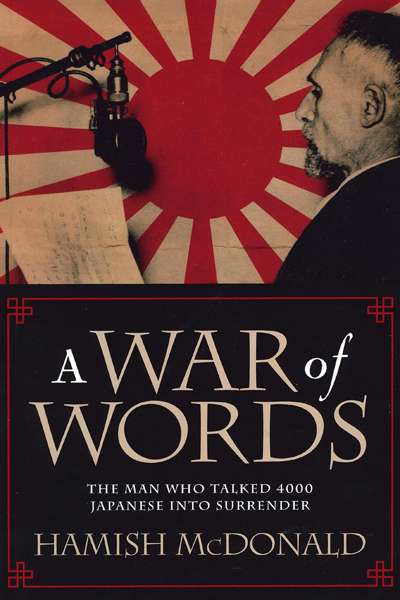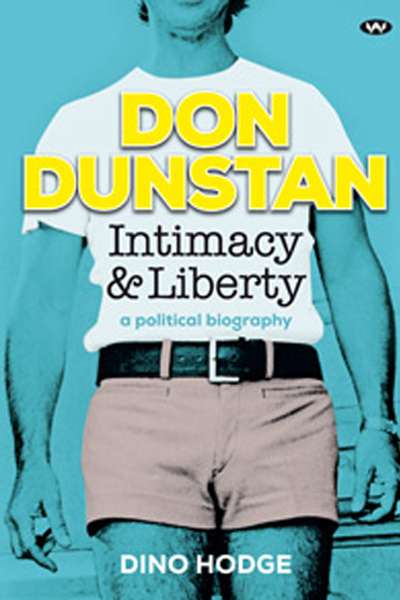Non Fiction
Just over twenty years ago, an academic tome captured the West’s imagination. The End of History and the Last Man (1992) by Francis Fukuyama followed fast on the heels of the collapse of communism. Giving voice to the triumphalism and hope of the times, it became an immediate bestseller. History, Fukuyama argued, was over. This was because the West had won the long ideological battle over which configuration of political economy could best manage the twenty-first century, and beyond. Western-style free markets and liberal democracy would now spread across the world, creating stability and opportunity for all in their wake.
... (read more)Granta’s recent offering, a special edition devoted to Japan, is a brilliant homage to Japanese wabi sabi. Editor Yuka Igarashi has selected stories and artwork that challenge the tired stereotypes of Nippon to deliver a series of powerful works exploring wabi sabi’s investment in what Andrew Juniper has identified as ‘impermanence, humility, asymmetry and imperfection’.
... (read more)Voyaging in Strange Seas: The great revolution in science by David Knight
Science may well have revolutionised our world, but David Knight finds ‘revolution’ to be an inexact metaphor for the ‘chancy, many stranded story’ he describes. He explores models from biography, with associated concepts of infancy, adolescence, and maturity, before settling on voyages of exploration and discovery. This choice is inspired in part by Newton’s self-portrait of playing on the shore before a great ocean of undiscovered truth, and Wordsworth’s subsequent poetic expansion of Newton ‘Voyaging through strange seas of Thought, alone’ for all eternity. Indeed, voyaging in strange seas provides a much more resonant and nuanced metaphor than the more common (and perhaps more marketable) revolutionary subtitle.
... (read more)Forty years ago next Christmas, a cyclone devastated Australia’s northernmost city, Darwin. It is a disaster still clear in the living memory of most Australians over fifty, but it also belongs to the past, the time before we had become aware of climate change. At the time, it was the kind of natural disaster to be expected in summer in the Top End, even if its festive timing appeared ominous in some mysterious way. There have been government reports, memoirs, books, and documentaries about Cyclone Tracy. Forty years appears long enough for an event to become history, but the cyclone has not yet become integrated into a significant national narrative.
... (read more)In Workshopping the Heart, Jeri Kroll brings us a feast of poetry: selections from her seven previous collections, poems from 2005 to 2012, and excerpts from her forthcoming verse novel, Vanishing Point. From 1982 to the present we are able to witness an evolution towards a mature poetic voice as Kroll negotiates her way through life’s various traverses and the poetic explorations that both describe and reflect upon them.
... (read more)Seeking perfection or ‘enlightenment’ requires a monastic devotion to the life of the spirit and a rejection of material comforts. Judith Beveridge’s writings about the young Buddha and his cousin Devadatta bring out all the intricacies and contradictions inherent in such a quest.
This new volume, Devadatta’s Poems, holds up a kind of mirror to ‘Between the Palace and the Bodhi Tree’, the middle section of her book Wolf Notes (2003), which depicted Siddhārtha Gautama’s travels and contemplations before he became the Buddha. The earlier work is marked by its quiet determination, matching Siddhārtha’s, to look precisely, without wanting, and to be simply an existence among all the others.
... (read more)It may seem strange to begin a review of Paul Carter’s extraordinary poetry collection by quoting the words of another writer, but these lines of Boris Pasternak’s – taken from his essay in The Poet’s Work (1989), a collection of writings by twentieth-century poets on their art – seem particularly pertinent:
... (read more)Forbidden Music by Michael Haas & Hollywood and Hitler by Thomas Doherty
For all their differences of subject matter and approach (not to mention style), both of these studies can be seen as belonging to the category of what might be termed archaeological history. That is, they are concerned with retrieving and bringing to the surface a gallery of characters and set of important stories and connections which have been either suppressed or ignored.
... (read more)A War of Words: The man who talked 4000 Japanese into surrender by Hamish McDonald
Hamish McDonald has for more than thirty years written about foreign affairs and defence in Asia for publications such as the Sydney Morning Herald, Far Eastern Economic Review, and, more recently, as the world editor for the Saturday Paper. His writings on Indonesian politics and Australian complacency over the Balibo controversy have been more likely to put him in the firing line than on the bestseller’s list in Jakarta’s bookshops, but his tenacity and journalistic skills place him among Australia’s finest. In a departure from his usual subject matter, McDonald has shone a spotlight on Japan’s historical past in the form of a memoir. A War of Words owes its origins to a chance encounter while he was on assignment in Tokyo when the Japanese economic bubble was at its peak. After a fellow journalist gave him a box of papers that included photographs and an anecdotal manuscript of the life and adventures of one Charles Bavier, McDonald spent the better part of three decades piecing together the details of Bavier’s colourful life. Besides being an excellent tale, The War of Words represents an enlightening chapter in the history of both Japan and its ever-changing relationship with Australia.
... (read more)Don Dunstan, Intimacy & Liberty: A political biography by Dino Hodge
When I was commissioned to write this review, I assumed that this book would be a conventional political biography. I looked forward to reading about Dunstan’s career as premier of South Australia (1967–68 and 1970–79), as his record of achievements showed that our states and territories have the potential to be powerful players in social and cultural reform. However, the focus of Dino Hodge’s intriguing book is Dunstan the man, with an emphasis on the way in which his personal beliefs and ambiguous sexuality influenced his political life and legacy. Don Dunstan, Intimacy and Liberty makes a solid contribution to our understanding of Dunstan and the blurring of his private and public life, fanned partly by the media, but also, sometimes inadvertently, by the man himself.
... (read more)

